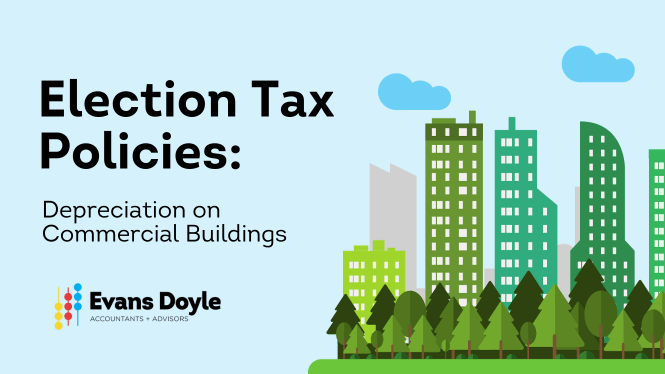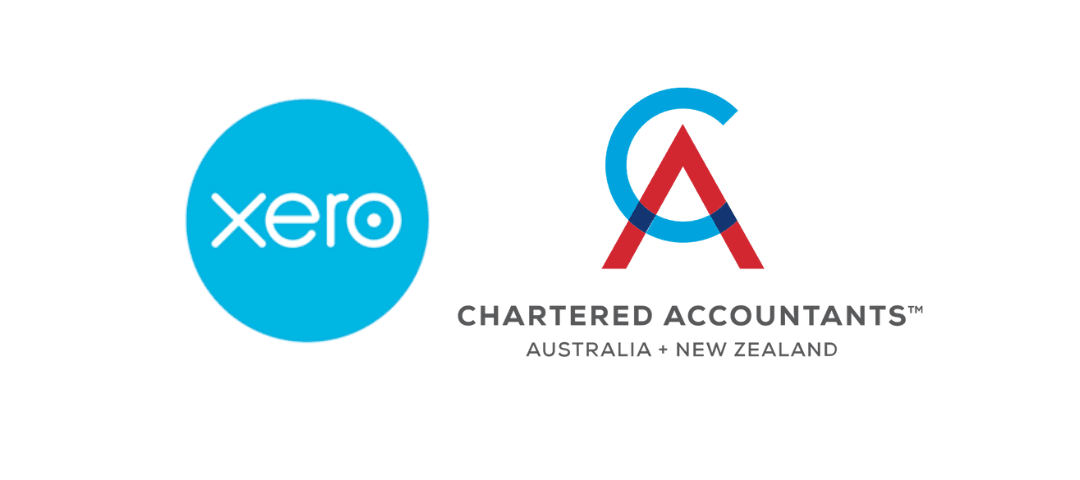Both National and Labour campaigned on removing the option to claim depreciation on non-residential buildings. This change will enable the government to raise $525 million a year to use towards other tax policies, such as administering income tax cuts and increasing working for families.
It is important for owners of non-residential buildings to understand this change because:
Owners will no longer be able to deduct depreciation on commercial buildings; they will pay more tax.
The pressure of high-interest rates and rising costs may cause owners to increase their rent for commercial buildings.
This flow-on effect will create more pressure on business owners.
This may discourage investors from purchasing new commercial buildings.
Owners may sell commercial buildings.
Owners of non-residential buildings, which include buildings used for commercial and industrial purposes, such as retail, manufacturing, and office buildings, will be affected by these changes. Currently, depreciation cannot be claimed on residential buildings, which is any place used as a place of residence, such as a rental property or your main home.
The current tax policy provides the opportunity to depreciate buildings at a rate of 2% using the diminishing value (DV) method or 1.5% if using the straight-line method (SL).
The diminishing value method has the highest depreciation rate in the first year and reduces each year.
For example,
Cost of building $950,000 x DV rate 2% = $19,000 to claim (Year 1)
The difference of $931,000 ($950,000 - $19,000) is used the following tax year.
Current value $931,000 x DV rate 2% = $18,620 to claim (Year 2)
The straight-line method depreciates assets at the same rate each year.
Cost of building $950,000 x SL rate 1.5% = $14,250 to claim
Without the deduction of depreciation, the property owner will pay more tax.
When you sell a commercial building, the depreciation claimed will need to be paid back (known as depreciation recovery). As shown in our example above, if the building has been owned for five years using straight-line depreciation, a total of $71,250 has been claimed and will become taxable income in the year it has been sold. This will trigger a significant tax liability on the sale of the property.
Recommendations
If you are considering buying or selling a commercial property soon, ensure you seek the right advice first. Also, consider budgeting for next year, as you will have to exclude depreciation, which will create tax obligations, possibly increasing the tax you will need to pay.
Contact Us
Contact Tim Doyle or Jane Evans today to discuss any employment queries (or any other matter) on 07 823 4980 or email us. Our office is in Cambridge, NZ, but distance is no problem. We have many international and national clients.
This material has been prepared for informational purposes only, and is not intended to provide, and should not be relied on for, tax, legal or accounting advice. You should consult your own tax, legal and accounting advisors before engaging in any transaction.



